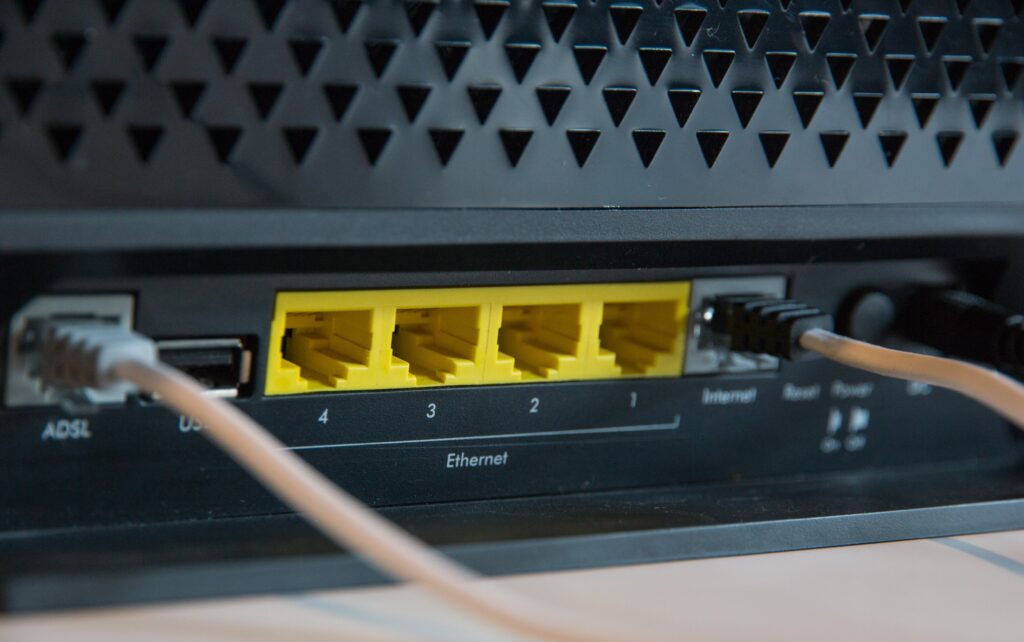Experiencing disruptions in your internet connection can be frustrating. Here at WebNet Solutions, we understand the critical role that the internet plays in everyday life, from business to entertainment. This guide provides you with comprehensive steps to troubleshoot common internet connectivity issues. It’s time to get back online.
Checking Your Network Hardware
Before diving into complex troubleshooting methods, ensure that your network hardware such as the modem, router, and cables are functioning correctly.
Modem & Router
- Power Cycling: Restart your devices by unplugging them from the power source. Wait for a minute before plugging them back in. It allows your devices to clear their internal cache and restart the network connection.
- Indicator Lights: Check if the modem and router indicator lights are functioning normally. If any of the lights is off or blinking, it could signify a problem with the device or your internet service.
Network Cables
Inspect the Ethernet cables connecting your devices for any physical damage or loose connections. If a cable seems faulty, replacing it might solve the issue.

Verifying Your Network Configuration
Network Adapter Settings
Make sure your network adapter settings are correctly configured. To verify this:
- Access the ‘Network and Sharing Center’.
- Click on ‘Change adapter settings’.
- Right-click on your network connection and select ‘Properties’.
- In the Networking tab, ensure ‘Internet Protocol Version 4 (TCP/IPv4)’ is checked.
DNS & IP Address
Your DNS settings and IP address might be causing the connection issue. To refresh your IP address and flush your DNS, use the following commands in the command prompt:
bashCopy codeipconfig /release
ipconfig /renew
ipconfig /flushdns
Network Troubleshooting Tools
Leverage built-in network troubleshooting tools that come with your operating system.
Network Troubleshooter
On Windows:
- Go to ‘Settings’.
- Navigate to ‘Update & Security’.
- Click ‘Troubleshoot’.
- Select ‘Internet Connections’ and run the troubleshooter.
On macOS:
- Open ‘System Preferences’.
- Go to ‘Network’.
- Select ‘Assist me’ and then ‘Diagnostics’.
Ping and Traceroute
Ping and Traceroute are valuable tools for understanding where your internet connection might be failing.
To use Ping:
shellCopy codeping www.google.com
To use Traceroute:
shellCopy codetracert www.google.com
On macOS and Linux, replace tracert with traceroute.
These commands can help identify where the connection failure is occurring.
Contacting Your Internet Service Provider
If all the above steps fail, the problem might be from your internet service provider (ISP). Reach out to them for further assistance.
Final Thoughts
Internet connectivity issues can stem from numerous sources. This guide provides a comprehensive approach to identify and address them, from checking your network hardware to leveraging built-in network troubleshooting tools.
